After a stranger tried to take a Black family's land, they spent 12 years fighting to get it back
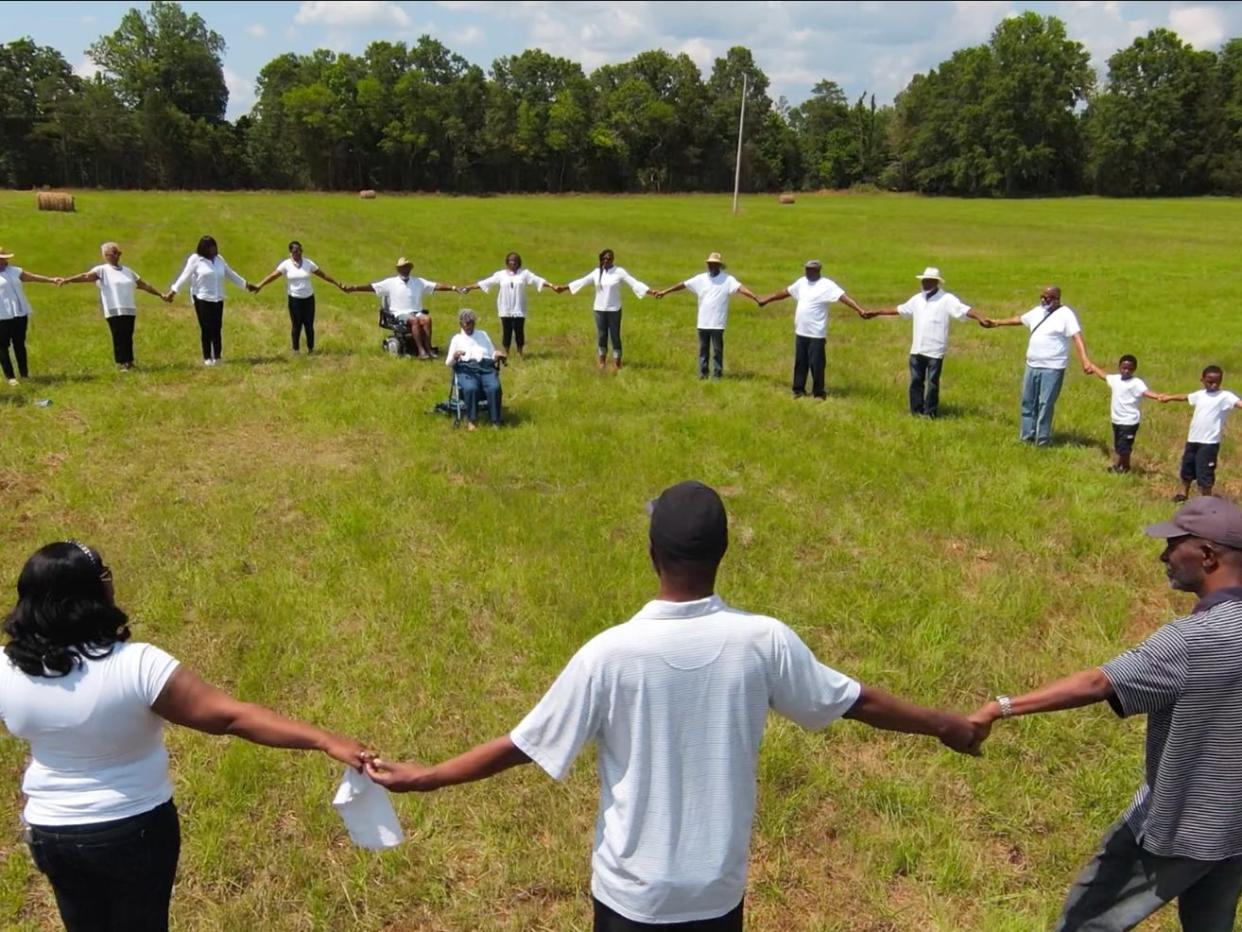
In 2012, the Ely family was sued as a way of forcing them to sell their shares of family land in Alabama.
In the past century, an estimated 90% of farmland owned by Black Americans has been lost or stolen.
The Elys successfully fought the lawsuit this year, and are using the land to honor their family's legacy.
Michael Robinson didn't realize his family owned a sizable chunk of land until a complete stranger sued them nearly 12 years ago.
In 2012, a man named James E. Deshler II sued members of Robinson's family to force them to sell their shares of their land in Barlow Bend, Alabama. Robinson's late grandfather, Joe Ely, had purchased the farmland in 1941, and his family members inherited the property when he died.
Under Alabama law, anyone owning an interest in a plot of land could sue the other landowners to force a sale. Several months prior, Deshler had purchased 1/15 of Ely's land from two of Robinson's cousins, giving him the legal right to try to obtain the rest of the land.
The 127 acres of farmland didn't just have monetary worth — estimated at $212,000 — but sentimental value, too. The property had long been a gathering place for family reunions and cookouts.
"I could not believe that someone we didn't know now owned a portion of our family's land," Robinson told Insider.
Deshler and his attorney J. Glen Padgett did not respond to Insider's request for comment.
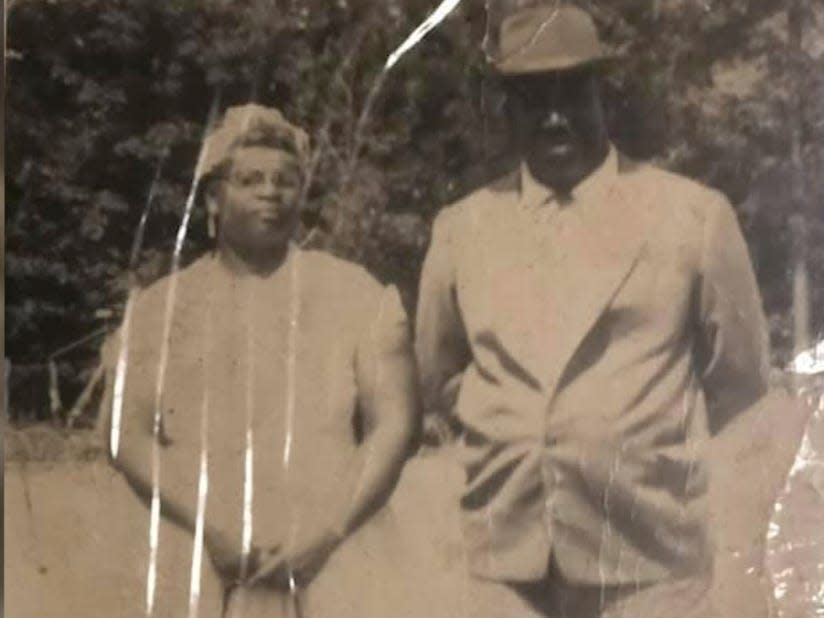
A history of land loss
In the decades following the end of slavery in the United States, Black Americans amassed millions of acres of farmland, peaking at between 16 million and 19 million acres around 1910, according to the Census of Agriculture.
"Unfortunately now we've seen a kind of trend away from a connection to that land," Thomas Mitchell, a law professor focusing on property issues at Boston College, said in the documentary "Gaining Ground," which explores the legacy and struggles of Black farmers.
"The way that enslavement is taught in our schools has African Americans really ashamed of that legacy of land."
But today, Black Americans own just 2 million acres of land — the result of a century of land theft by largely white farmers and landowners.
Heirs' property disputes, referring to issues over land transferred to multiple family members by inheritance, usually without a will, are a common problem for southern Black farmers. They're also a common practice that white farmers historically have abused to take land from Black farmers and their descendants.
By Mitchell's conservative estimate, the land that Black Americans have lost since the early 20th century amounts to about $326 billion.
And that's just farmland. Black Americans have also been targets of urban land dispossession, like in the case of Bruce's Beach, a California property that was owned by a Black couple, Charles and Willa Bruce. In 1924, the Manhattan Beach Board of Trustees seized the property via eminent domain. It wasn't until 2022 that it was officially returned to the Bruce family.
"We're talking about trillions of dollars of generational wealth that have been washed away," Mitchell said in "Gaining Ground."
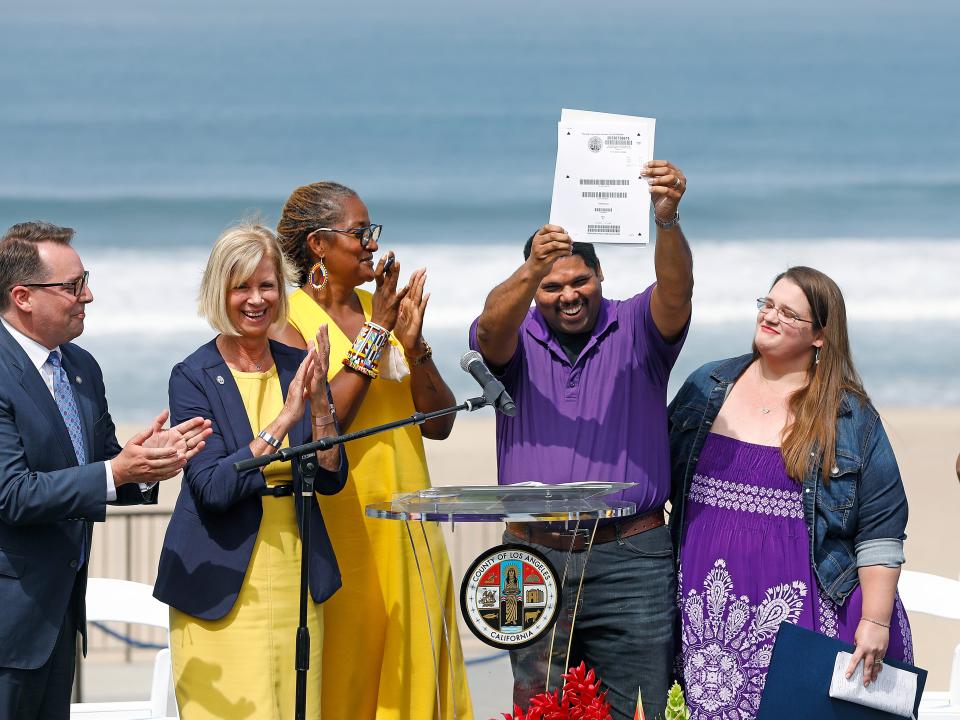
Immediate hurdles
It fell on Robinson, a corporate and nonprofit advisor, to help spearhead the family's efforts to fight the lawsuit.
But there were immediate hurdles, like the fact that there were more than 40 siblings, cousins, aunts, and other relatives who were heirs to Joe Ely's land. Robinson and his cousin, Deborah Ely, formed what he described as a "land retention committee," to unite all members of the family.
It also meant the lawsuit made its way through the court system much slower than usual. If a family member died during the process, the land immediately went to their children, and the court would have to notify the children all over again.
"It was like herding cats for a while," Robinson told Insider. "But in the end, the lawsuit ended up being a galvanizing call for us."
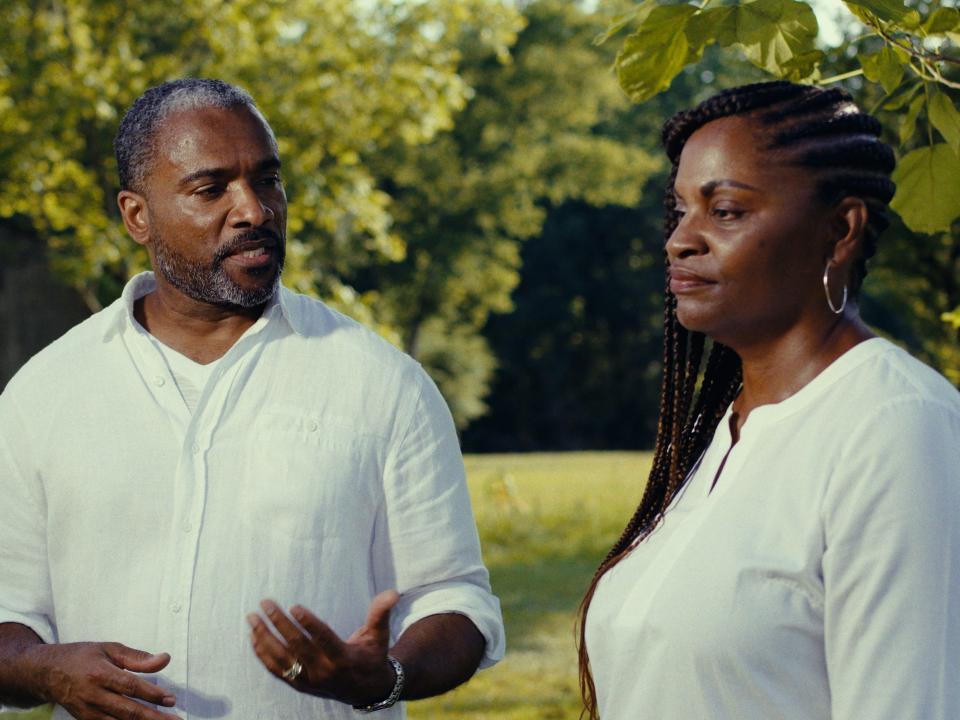
The land was of sentimental value to the Elys, but the lawsuit signaled there was some financial value, too, and Robinson discovered it had recreational value because of its proximity to the Alabama River.
"I didn't want three or four generations from now for some member of the family to say, 'Didn't we have over 100 acres of land?'" Robinson said. "I didn't want someone to say, 'That generation didn't fight to keep the land in the family.' So we adopted this motto of: Not on our watch."
Reclaiming their land
After nine years in the courts, the judge dismissed the case in the Ely's favor in 2019. This past August, they were also able to reclaim Deshler's 1/15 interest of the property.
The victory was all the more meaningful given the broader history of Black Americans' disenfranchisement and land loss: During the process, Robinson learned that a fifth of his family's land was a former plantation.
"To me, it had even more meaning that people were enslaved on that land, and now we owned it, and we had the opportunity to change the narrative, the legacy, and the history on that land," he said.
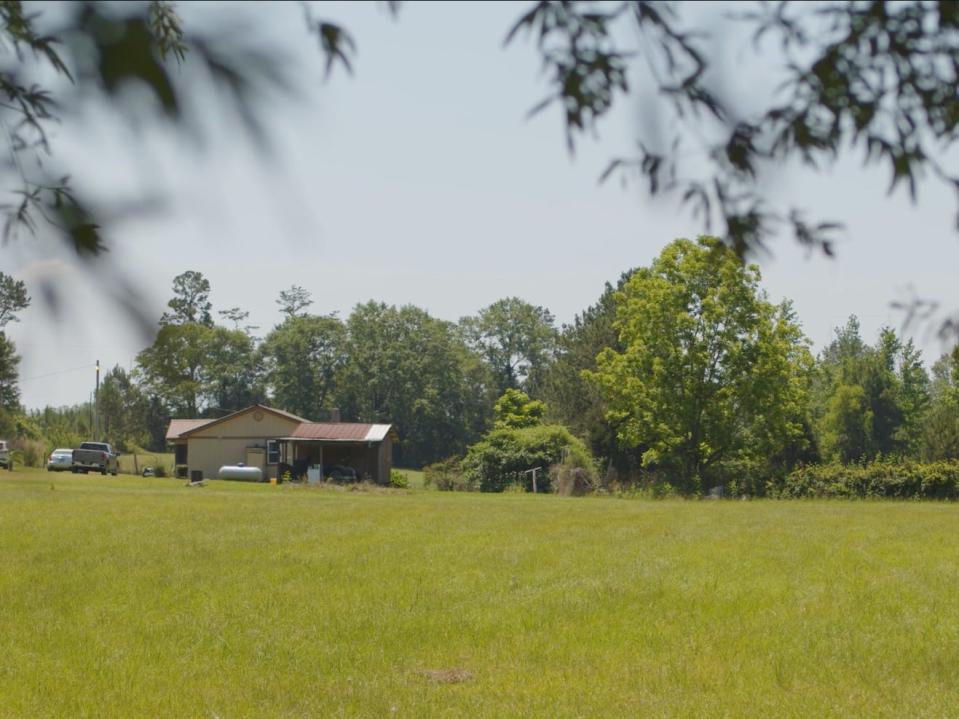
Since his family defeated the lawsuit, Robinson put the land in an LLC named in honor of his grandparents as a way to pay homage to their legacy. While they still plan to continue using the land as a gathering place, the Ely family is also eyeing business opportunities to make the most of the land and allow it to become a resource for them.
"Reclaiming the land is about reclaiming our birthright," Robinson said. "I never met my grandfather — he died in 1959 before I was even born. But it was so important for me to honor his legacy and the intent when he purchased that land. He could only dream or imagine where we are as people of color today. And I wanted to take the blood, sweat, and tears that went into that land and not let that die."
Correction: October 17, 2023 — An earlier version of this story misstated the number of years the Ely family's court case lasted. It lasted nine years and was dismissed in 2019.
Read the original article on Insider
